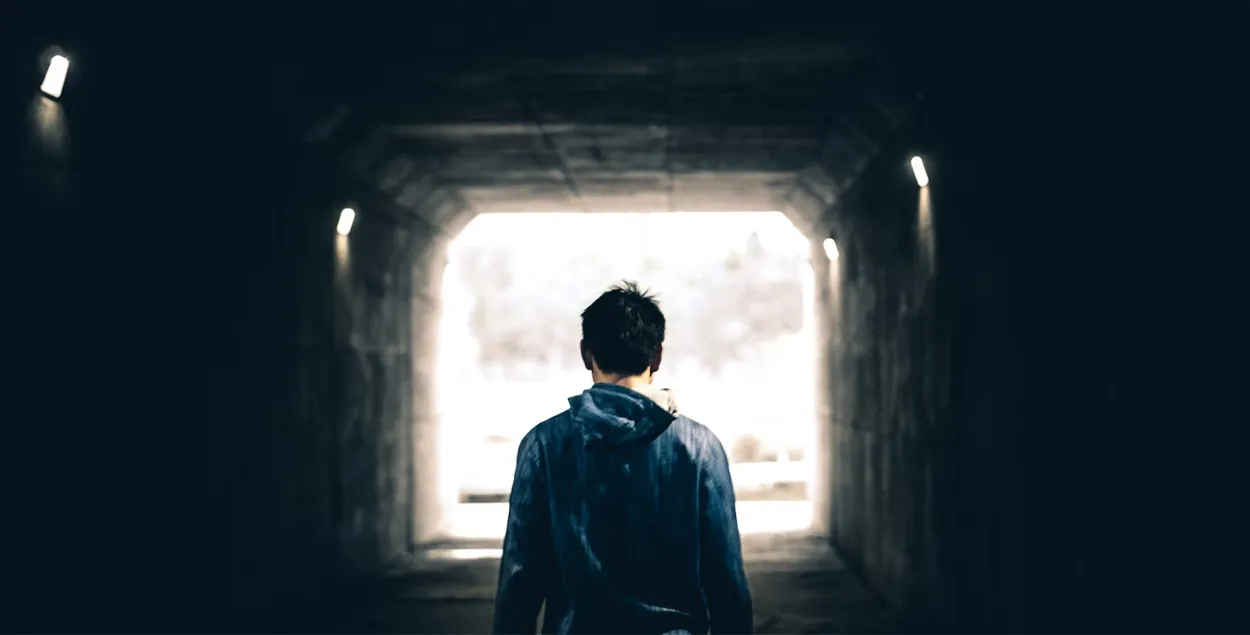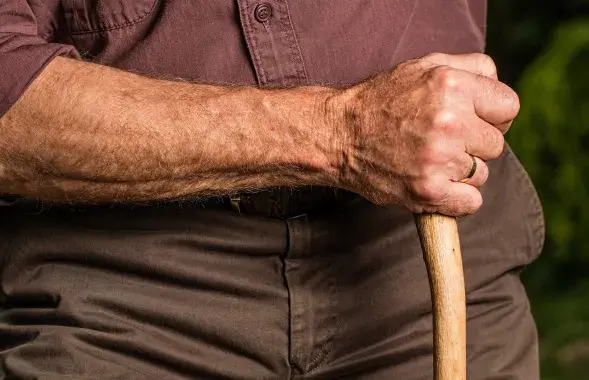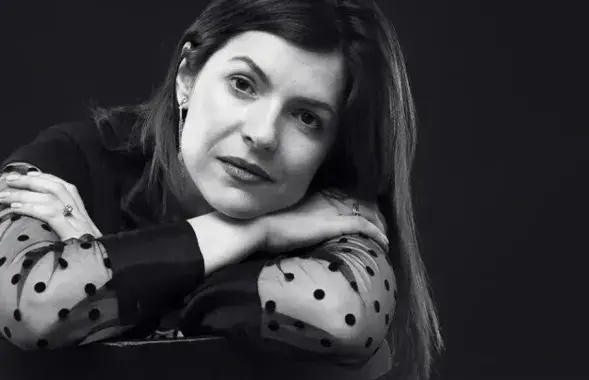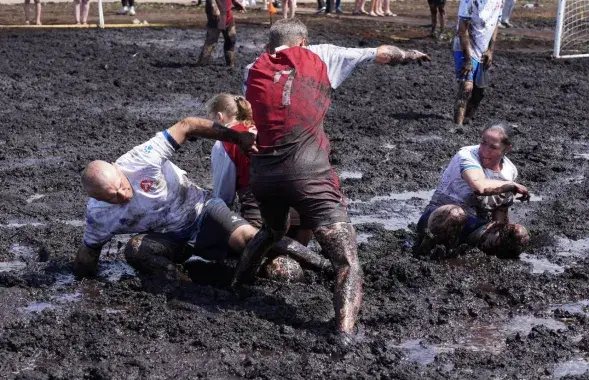Child suicides on the rise in Belarus. What parents need to know - expert advice

Experts talk about child suicides / unsplash.com
The number of child suicides in Belarus has risen sharply: 18 cases have already been recorded in the first half of 2024 (just one less than in the whole of last year). What is particularly alarming is that among them are children as young as 10 years old.
Why is this happening? How can we recognize the warning signs and prevent tragedy? What should you talk to your child about?
Answers to these and other questions are given by psychologist Tatsiana Zarytskaya and psychotherapist Pavel Perapiolkin in an interview for Euroradio.
Why do children commit suicide?
According to experts, the main reasons for the emergence of suicidal intentions in a child are problems that he cannot cope with himself.
"For example, an adult has resources and coping skills - a child has neither. Children need adult help to better understand their feelings and needs so that they can learn to solve their problems. It is important for a child to feel loved, important, needed, understood, and supported - this is how a child will gradually develop inner resources and skills to solve the problems that life presents".
Experts say that adults do not always have the opportunity to devote time and attention to children. The 2020s, a crucial decade for Belarusians, may be largely to blame.
"Political and economic problems have touched every family, every background, every school. We all feel very strongly about these events, and the weight of these problems affects the atmosphere in the family, including the children. As a result, children may feel abandoned and think they have no right to burden their parents with their worries".
Which groups of children are at risk?
Experts say that teenagers are most at risk. This is the time of life when hormonal and emotional restructuring of the body begins.
"Teens are most vulnerable. PMS and mid-life crises do not compare to how emotionally difficult it is for a teenager. They are going through an important stage of self-identification, it is important for then to feel like an adult, normal, part of a group (subculture). In addition, physiological changes in body and appearance can be frightening and frustrating. Overlaying the emotional vulnerability are the demands of school, responsibility for the future, and the need for peer socialization and romantic relationships.
Experts also believe that there are often many demands on teens at home: misunderstanding, judgment, control, and restriction of freedom.
"Sometimes it can seem to children that they are so bad and unbearable that it is better to rid their loved ones of all problems at once and end their lives. At the same time, there is an existential interest in adolescence - death can be filled with meaning. The combination of these factors can lead to suicidal thoughts when it seems easier to end one's life than to solve problems and meet demands".
Why are child suicides getting younger?
Experts say that at the age of 10, a child is not mature enough to be organized and responsible, but he or she is already given too many demands and expectations.
"For example, they are told to study well, help around the house, keep their room clean, be a good brother or sister, obey their parents, etc. Although sometimes even adults are not able to meet all these requirements".
This makes the child feel like he or she is letting their parents down, and conflicts can arise. When there is no loving adult around during conflicts, it becomes difficult for the child to regulate his or her emotions alone.
They feel very hurt and lonely. It seems that they are not loved, that no one needs them. And if even their parents don't need them, who needs a "bad" child? The thought "I wish I didn't exist at all" may arise.
What does a child think about when he thinks about suicide?
Specialists say that suicidal thoughts become a kind of emotional regulation.
"When a person thinks about it, it seems like a way out. Anxiety and pain are reduced for a while - relief comes. Over time, this mechanism becomes established. Thoughts are and can remain thoughts, but any fight or problem at school can lead to active action".
What is worth paying attention to?
Experts say that you should pay attention to any sudden changes in the child's behavior. These may include
Depressed mood, tearfulness, aggression, irritability;
Words and threats of suicide;
If a child talks about their friend and their suicidal intentions - they may be referring to themselves;
Talking about being worthless, unwanted by anyone;
Suddenly talking about how much the child loves you, as if saying goodbye;
Giving away valuable personal items and trying to get important things done quickly;
Being withdrawn and unwilling to socialize;
Being interested in the subject of death.
What to do?
Psychologists advise that if there are alarming signs in the child's behavior, you should find an opportunity to put aside your concerns and spend as much time as possible with the child. It is very important to take this seriously.
Here are some other expert recommendations:
Show them that you are on their side, no matter what;
If someone is hurting them, protect them. Even if it's a teacher or principal, even if it's your spouse-that's how the child learns to understand how to defend themselves;
Explain that your problems are not about them and they are not responsible for them;
Be sincere in your love and concern;
If they share suicidal thoughts - this is a cry for help, try to find out what problems are depressing them and let them know that you are there to help them.
It's good if a child has an adult they can trust besides their parents (grandmother, aunt, older sister, mother's friend, teacher, school counselor).
Sometimes it is impossible to discuss a problem with parents, especially if it has arisen within the family. In this case, experts recommend consulting a psychologist. It is important to remember that if a child says that they want to die - this is a serious reason to contact a psychiatrist immediately.
Many child suicides occur in orphanages. Why is that?
According to Zarytskaya and Perapiolkin, children in orphanages do not feel needed or loved. They are not taught problem-solving skills and do not pay attention to their emotional state.
"Even if we imagine an ideal orphanage, it is still a closed system, where many people of different ages live, with whom the child did not choose to live, he or she cannot leave this system or take a break for a while".
Often children in such institutions face bullying, aggression and sexual abuse, it is very difficult for them to adapt to such circumstances.
While in the family, parents provide models of relationships and ways to cope with difficulties, in an orphanage such models are distorted or absent.

















